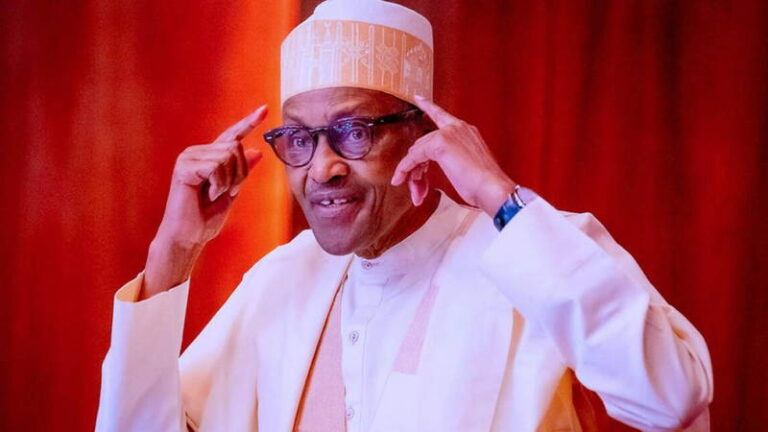By Peter Omopo | July 13, 2025
The passing of Nigeria’s former President, Major General Muhammadu Buhari (retd.), at the age of 82 in a London hospital on Sunday, July 13, 2025, has drawn fresh attention to his remarkable political journey—one defined by resilience, reinvention, and an unyielding quest for leadership.
Before his eventual election as president in 2015, Buhari endured three successive defeats in the presidential polls—making him one of the most persistent political figures in Nigeria’s democratic history.
The First Attempt – 2003 (ANPP vs Obasanjo)
Buhari first entered the presidential race in 2003 under the banner of the All Nigeria Peoples Party (ANPP), squaring off against the incumbent President Olusegun Obasanjo of the Peoples Democratic Party (PDP).
Though he garnered strong support, especially in the northern regions, the election ended in defeat. Buhari rejected the results and challenged them in court. His petition was dismissed.
The Second Attempt – 2007 (ANPP vs Yar’Adua)
Refusing to give up, Buhari contested again in 2007, still flying the ANPP flag. This time, he lost to Umaru Musa Yar’Adua, another PDP candidate. The 2007 election was heavily criticised by both domestic and international observers for widespread electoral malpractices.
Once again, Buhari pursued legal redress. In a narrow 4–3 ruling, the Supreme Court upheld Yar’Adua’s victory, a decision that was both controversial and polarising.
The Third Attempt – 2011 (CPC vs Jonathan)
By 2011, Buhari had launched his own political platform—the Congress for Progressive Change (CPC)—in an effort to present a purer, more disciplined alternative to the ruling elite. He ran against President Goodluck Jonathan of the PDP and lost for a third time.
After yet another unsuccessful court challenge, Buhari shocked many when he announced his retirement from partisan politics, declaring that he would no longer seek elective office.
The Turning Point – 2013 Merger and APC Formation
However, Buhari’s influence and grassroots support remained strong, especially in Northern Nigeria, where he was widely revered for his anti-corruption stance and ascetic personal lifestyle.
In 2013, a political realignment occurred. Buhari’s CPC merged with three other major opposition parties—the Action Congress of Nigeria (ACN), the All Nigeria Peoples Party (ANPP), and a faction of the All Progressives Grand Alliance (APGA)—to form the All Progressives Congress (APC). The merger marked a decisive strategic shift in Nigeria’s opposition politics.
The unified platform enabled Buhari to broaden his appeal beyond regional strongholds and build a truly national coalition.
Victory at Last – 2015
In 2015, Buhari launched his fourth presidential bid, this time under the APC. Riding on a wave of public dissatisfaction with the PDP-led government, and capitalising on a well-organised campaign strategy that emphasised security, anti-corruption, and economic revival, Buhari defeated incumbent President Goodluck Jonathan.
The victory was historic—it was the first time in Nigeria’s history that a sitting president was democratically unseated by the opposition. Buhari’s persistence had paid off, and he emerged not just as a winner at the polls, but as a symbol of democratic perseverance.
A Legacy of Endurance
Buhari’s political journey—from three-time loser to the 15th President of Nigeria—cemented his reputation as a tenacious and disciplined figure in the country’s political landscape. While his presidency remains the subject of vigorous debate regarding achievements and shortcomings, his electoral resilience is widely acknowledged as a defining feature of his legacy.
As Nigerians reflect on his life and times following his death, Muhammadu Buhari’s story remains a potent example of endurance in politics—a testament to the power of staying the course even in the face of repeated defeat.

